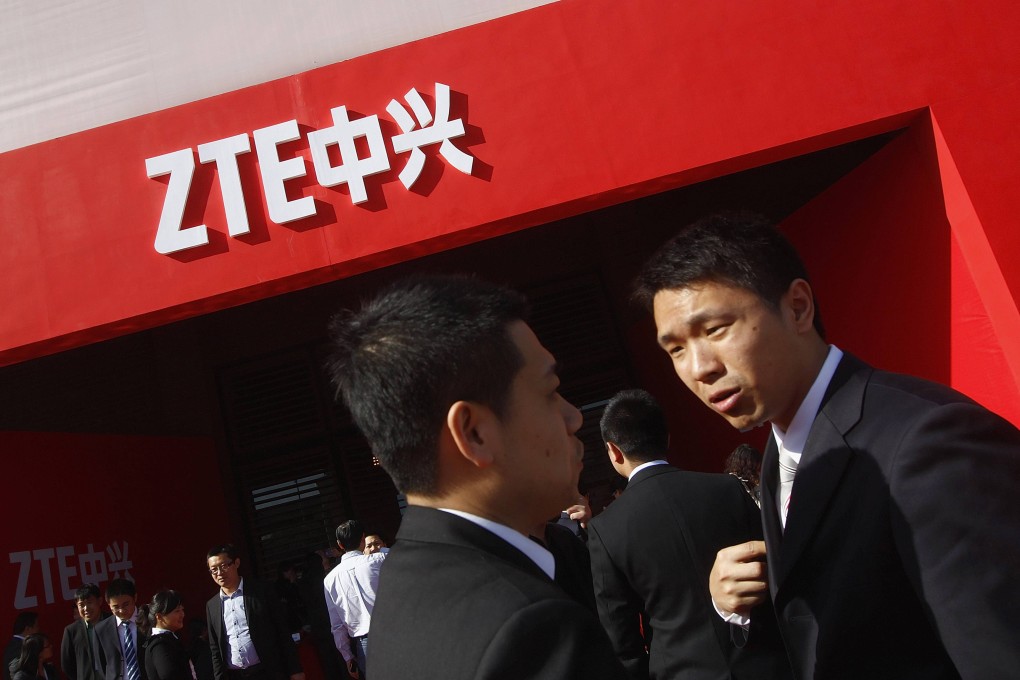The latest numbers and outlook from telecoms equipment maker ZTE (
0763.HK; Shenzhen: 000063) look decidedly ugly, leading me to wonder if the struggling former superstar is destined either for extinction or a radical makeover in the next few years. ZTE's woes come as crosstown rival Huawei faces similar challenges due to a rapidly slowing global market for networking equipment. Huawei is responding to the challenge by aiming for big new orders in Australia, and is also discussing its succession plans as media-shy founder Ren Zhengfei nears his retirement. Whoever Ren ultimately chooses to replace him with will certainly have a difficult job ahead, as Huawei could easily follow the same path as ZTE, which itself appears to be on the edge of a downward spiral like those followed by defunct former giants Motorola and Nortel.
Let's start with a look at ZTE, which issued a
press release about its first-quarter results with the misleading headline that its profit rose 36 per cent, driven by strength in its operational review. A closer look at the company's
actual first-quarter results paints quite a different picture, with the profit jump all attributable to one-time gains from asset sales.
While the 36 per cent profit rise is indeed accurate, ZTE actually reported a net loss of about 615 million yuan (US$100 million) after excluding one-time gains like the recent
sale of two major assets. The quarterly loss compared with an 89 million yuan profit a year earlier on a comparable basis, and followed a 1.1 billion yuan net loss in the fourth quarter of last year. Revenue didn't look much better, dropping 2.8 per cent to 18.1 billion yuan despite a surge in ZTE's fast-growing smartphone business.
ZTE's outlook for the rest of the year was rather vague, but also wasn't too encouraging. The company said its main new business in the next quarter will come from broadband upgrades to existing networks, which typically earn much less revenue than the sale of new equipment. That means we can probably expect to see more operating losses for at least the next two quarters, and probably net losses as well as ZTE runs out of assets to sell.
ZTE could see some improvement towards the end of the year, when China's three telcos are expected to embark on a multibillion-dollar spending spree on new networks after the telecoms regulator issues 4G licenses. But it will still have to compete with Huawei and the other big global players for those 4G contracts, which brings me back to my previous assertion that ZTE's days as a major global telecoms equipment maker could be limited.
From ZTE, let's move on to Huawei, which is saying it hopes to win US$2 billion in 4G contracts in Australia as it bids to build a new network for Optus, one of the country's major carriers and a unit of Singaporean giant SingTel (Singapore: STEL). The news comes less than a month after Australian Prime Minister Julia
Gillard clarified that Huawei and ZTE were welcome to sell to her country's commercial telcos, even though they wouldn't be allowed to bid for contracts for more sensitive government networks.

